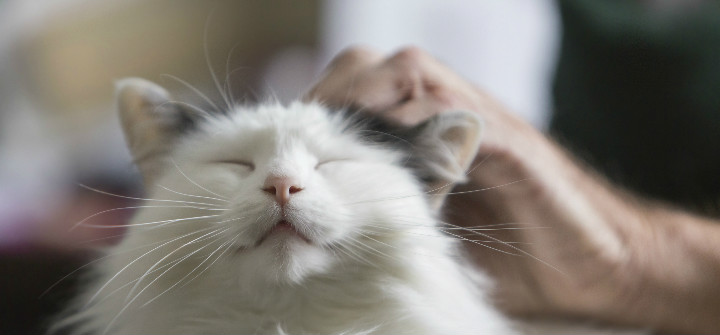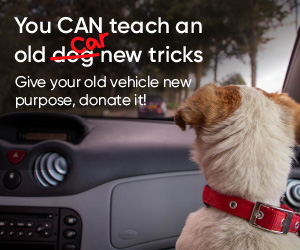Your new best friend might be anyone but new; he or she just might be a senior pet. While November is National Adopt a Senior Pet Month, it is always worthwhile to consider the many benefits of senior pet adoption.
Mature dogs and cats have many advantages when compared to their younger counterparts, yet are often the first to face death or permanent homelessness. Simply put, most adopters overlook older pets in favor of puppies and kittens.
Why older pets end up in shelters
While senior pets are in shelters for many of the same reasons as younger animals, they are often surrendered or abandoned simply as a function of their age. Their previous pet parents may be ill or elderly themselves and no longer able to care for them physically or financially.
Some mature pets are given up by their families as they age and become sick, incapacitated, or simply unable to participate in activities they enjoyed as younger animals.

Still others are cast aside when their guardians tire of caring for them, or become intolerant of the inevitable infirmities of an aging pet.
Animals who become incontinent, lose their sight or hearing – or both – or who show other effects of age can go quickly from beloved family member to perceived burden. Regardless of reason, these animals are seen as disposable rather than sentient beings worthy of a lifetime commitment.
Animal welfare organizations – shelters, rescues, SPCAs, humane societies and municipal animal controls – have many animals in desperate need of adoption. This includes older dogs and cats, who face the highest rates of euthanasia.
It is a tragic end for a dog or cat who became homeless through no fault of her own. In many cases, these animals are surrendered or abandoned by the only families they have ever known.
Why senior pets make great pets
1. What you see is what you get
An older animal has an established temperament, unlike a puppy or kitten who will go through many developmental changes. This helps ensure your lifestyle with a certain dog or cat will be the right match.
And because a senior pet is already fully grown, there is no mystery about whether the animal’s size will be compatible with your home environment, whether the animal will grow to be too big for you to manage, or whether your new pet’s personality will be a good fit with you.
2. Know their manners
Most senior pets are already house- or litter box-trained, and in the case of dogs know basic leash manners. Their history prior to adoption – including any potential abuse or mistreatment – will shape how quickly they adapt to their new home, human family, and routines.
Bear in mind that when you adopt you are acquiring the house rules of the pet’s previous guardian, such as whether they are allowed on furniture. But even senior pets can adapt when given love, time, and positive-reinforcement training.
3. Less demanding
Older animals already have their routines. While they still love to play, they love to relax, cuddle, and nap as well. They are emotionally mature and more mellow than younger pets. And although they require exercise like any pet, it does not need to be as frequent or vigorous as with a younger animal.
As a result, older dogs and cats tend to fit more easily into your daily routines.
4. Old enough to know better, young enough to learn
A senior animal may already know some basic commands and will be responsive to learning more. They have more focus and attention than puppies or kittens, and may have undergone obedience training with their previous guardians or shelter staff. Some may be create or leash trained, have experience with routine grooming, or know basic house manners.
At the same time, companion pets are wired to please their human guardians. Typically they are are fast learners, especially when learning something new benefits them.
5. Great for any age
Senior pets’ more relaxed temperaments makes them excellent companions for the young and elderly alike.
More mature people benefit from a four-legged companion who is more aligned with their energy level and lifestyle. Children can benefit from an animal who is more tolerant and who may already been well socialized with the younger set.
6. Just add love
Older animals will adapt to a new family given love and time. While you might not be your senior dog’s or cat’s first family (or even his second or third), once you adopt and shower your pet with love you will be his only family.

7. They know they have been given a second chance at life
Ask anyone who has adopted a more mature dog or cat and they will tell you that they are convinced their pets know they have been saved.
Just one look in their eyes and you can see they are saying, “Thank you for saving my life.”
When you save the life of a pet who faces near certain death or who may languish for months or years if not adopted, your life will change for the better.
Learn more about the types of pets saved through our companion pet adoption program for veterans, including senior pets. Tips for animal shelters to promote their mature dogs and cats.












Great, great information here, thank you so much for sharing! I would like to share some additional resources and tips for adopting an older pet and the benefits of pets for the elderly: http://www.elderoptionsoftexas.com/importance-of-pets-for-the-elderly.htm
Thanks!